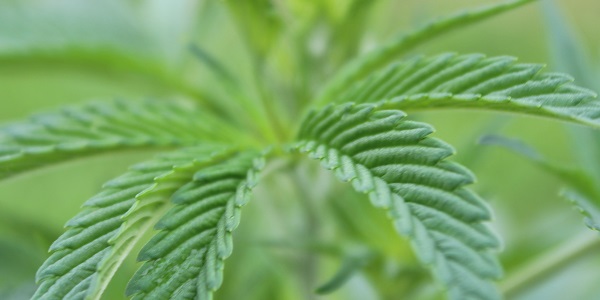
By Stephanie Smith, VT Agency of Agriculture, Food & Markets
On May 30,2019 Governor Phil Scott signed Act 44 (S.58) into law. This new law changes Vermont’s Hemp Program to conform to federal law, expand regulatory authority, and clarify the program’s registration process, among other things.
Just before the Vermont legislative session starter, the 2018 Farm Bill removed hemp from the list of controlled substances and expanded the definition of hemp to include all derivatives, including cannabinoids derived from hemp. The Farm Bill also outlined what is a violation of federal law and how those violations are treated. States that seek primary regulatory authority of hemp cultivation from the USDA must manage the program to the standards set by the 2018 Farm Bill and guidance (not yet established) and have resources to do so.
Vermont plans to seek primary regulation of hemp production, and Act 44 was instrumental in moving the State towards this goal. It increased funding and resources to support the Hemp Program and incorporates the many of the Farm Bill provisions into state law. It clarifies the registration process for hemp growers and processors, and certified laboratories that will conduct delta-9 tetrahydrocannabinol compliance and contaminant testing.
The Act expands the Program’s rulemaking authority to set hemp and hemp-infused product labeling standards, and to allow testing methods for a taxonomic determination or stablishing a ratio of cannabidiol (CBD) to THC to understand when a cultivar meets the definition of hemp. Other key provisions of Act 44 are clarifying when buildings containing botanical extraction operations on farms meet the definition of a “public building” and are regulated by the Department of Public Safety. Act 44 sets the stage for Vermont to be a leader in hemp cultivation, processing of hemp and hemp-infused products, within a framework that supports the industry and consumer protection to safeguard Vermont’s brand.
